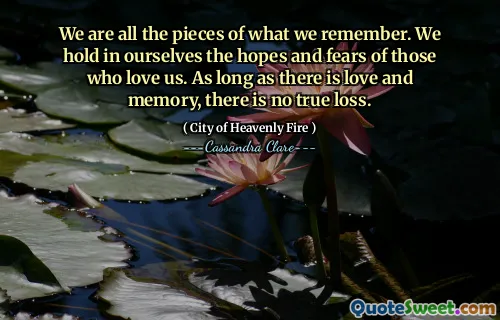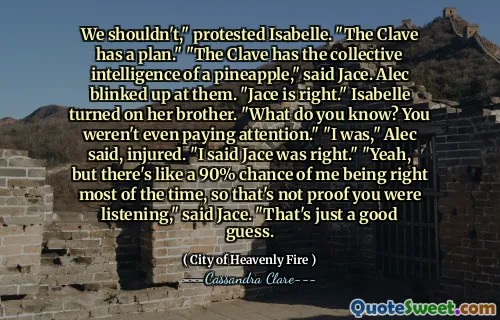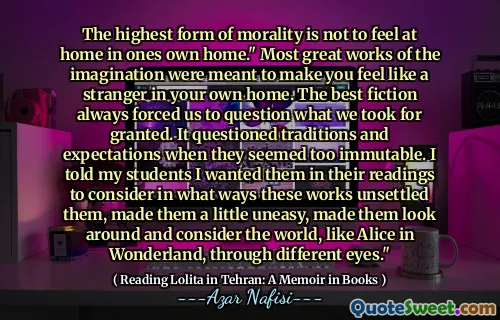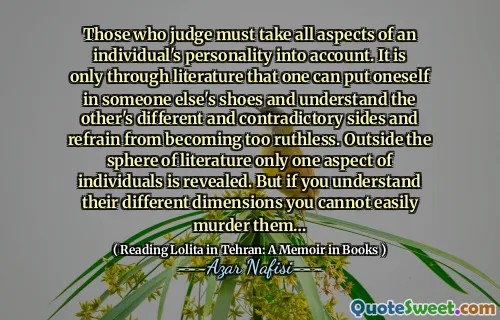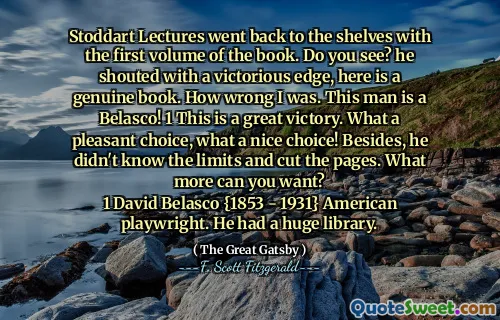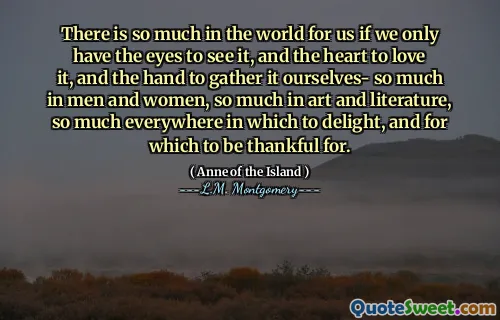
We shouldn't," protested Isabelle. "The Clave has a plan." "The Clave has the collective intelligence of a pineapple," said Jace. Alec blinked up at them. "Jace is right." Isabelle turned on her brother. "What do you know? You weren't even paying attention." "I was," Alec said, injured. "I said Jace was right." "Yeah, but there's like a 90% chance of me being right most of the time, so that's not proof you were listening," said Jace. "That's just a good guess.
This dialogue exemplifies the humorous yet insightful dynamics among friends caught in a tense situation. The characters display a blend of skepticism, camaraderie, and teasing that reveals much about their relationships. Isabelle's insistence on trusting the Clave's plan contrasts sharply with Jace's sarcastic critique of the organization, highlighting an underlying tension between faith and doubt. Alec's acknowledgment that Jace might be correct most of the time underscores a pragmatic side, even amid injuries or uncertainty. The exchange also emphasizes the importance of attentiveness and communication within teams, especially when stakes are high. The humorous banter offers relief in moments of seriousness, enriching character depth and humanizing their struggles. It demonstrates that even in dangerous, high-stakes environments, humor and clear-eyed skepticism can coexist, serving as tools for resilience. The conversation subtly invites the reader to reflect on trust—who we rely on, how much we believe in leadership or collective efforts, and the value of paying attention to details. Cassandra Clare masterfully portrays these nuances, making the dialogue both entertaining and meaningful. Ultimately, it encourages us to balance faith with honesty and humor, recognizing that collaboration often involves questioning and verifying, rather than blind obedience.

